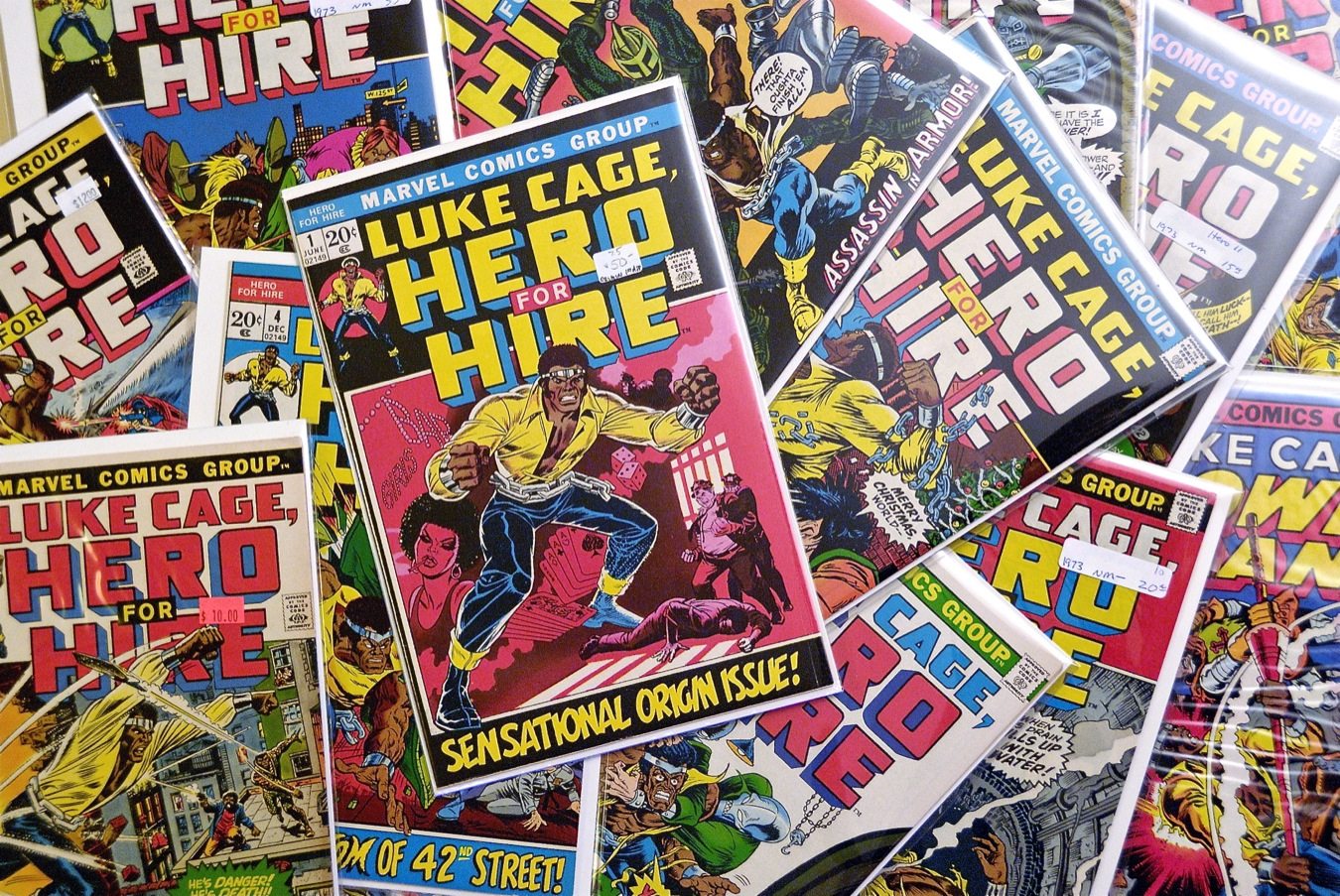Luke Cage: Not simply a ‘Hero for Hire’
Luke Cage was always going to be a hero for those who needed one the most. Against the real-world backdrops of police violence, white gentrification and the Black Lives Matter movement, Luke Cage offers a quiet, almost pensive alternative to the chaos threatening to consume Harlem.
To some extent, this comes down to the show’s casting and characterisation. Gone is Luke Cage’s original comic epithet of ‘Hero for Hire’, replaced by Mike Colter’s brilliant ‘gentle giant’ portrayal, allowing Luke as a character to develop far beyond his super-powers.
Colter is backed up by an outstanding supporting cast whose moral ambiguity is often their strongest feature. It’s not until the closing episodes of the series that you feel like you truly understand all of Harlem’s players. Between the violent crime boss “with the soul of a musician”, the anger-prone detective sacrificing her career to keep her city safe, and the politician funding her dream for the future through her links to organised crime, Harlem is a setting full of uncertainty.
Gone is Luke Cage’s original comic epithet of ‘Hero for Hire’, replaced by Mike Colter’s brilliant ‘gentle giant’ portrayal, allowing Luke as a character to develop far beyond his super-powers.
The one thing that is for certain is that Harlem is the most cultured setting Marvel have offered their Cinematic Universe yet. While Daredevil’s Matt Murdock (Charlie Cox) is continually espousing his love for Hell’s Kitchen, both he and Jessica Jones (Krysten Ritter) are protecting New York as a whole from a much more global threat. Luke Cage, meanwhile, is so steeped in Harlem culture that anything outside barely gets a look-in.
Luke Cage is the only aspect of the MCU, across both films and TV series, that seems to truly understand the culture that formed it. Every aspect of Luke Cage is steeped in Harlem culture, from the importance of family to the ever-present centrality of ‘the street’; every place, person and event is shaped by the soul of Harlem.
Superhero narratives are so often defined by the fight against the ‘big bad’, that the motives directing individual characters can very easily be lost amid the chaos.
What stands out most is the show’s soundtrack, which offers as all-round an experience of R&B, soul, and East Coast Hip Hop as anything else on television. If that weren’t enough, the entirety of the show takes place under the watchful eye of Biggie Smalls, whose portrait hangs in the central setting of the Harlem’s Paradise club, and who helps inform the audience as to what drives some of Harlem’s biggest players.
It’s this sense of cultural ownership that makes Luke himself such an important character. Superhero narratives are so often defined by the fight against the ‘big bad’, that the motives directing individual characters can very easily be lost amidst the chaos. By investing so heavily in its setting’s culture, Luke Cage provides us with a hero whose motive – to protect and uphold that which makes Harlem Harlem – is never uncertain.

Comments